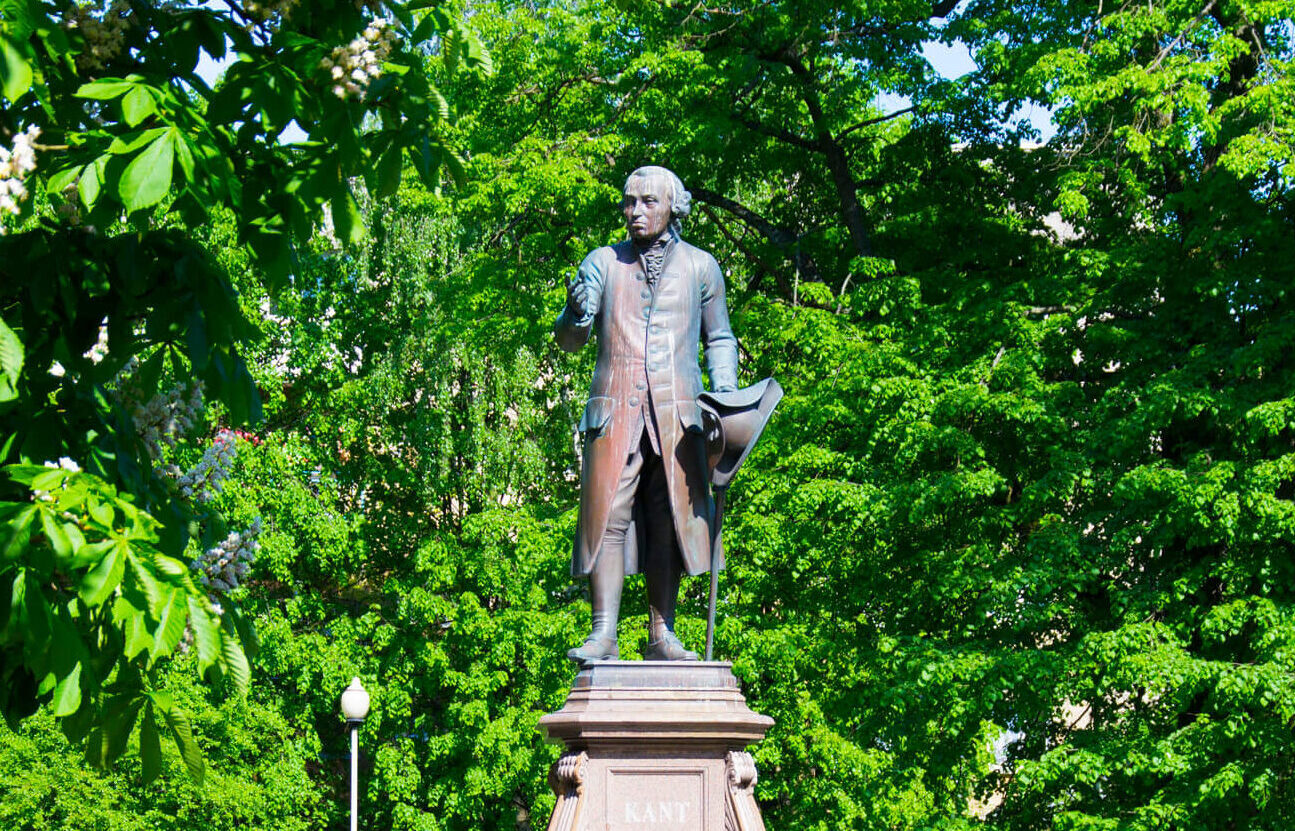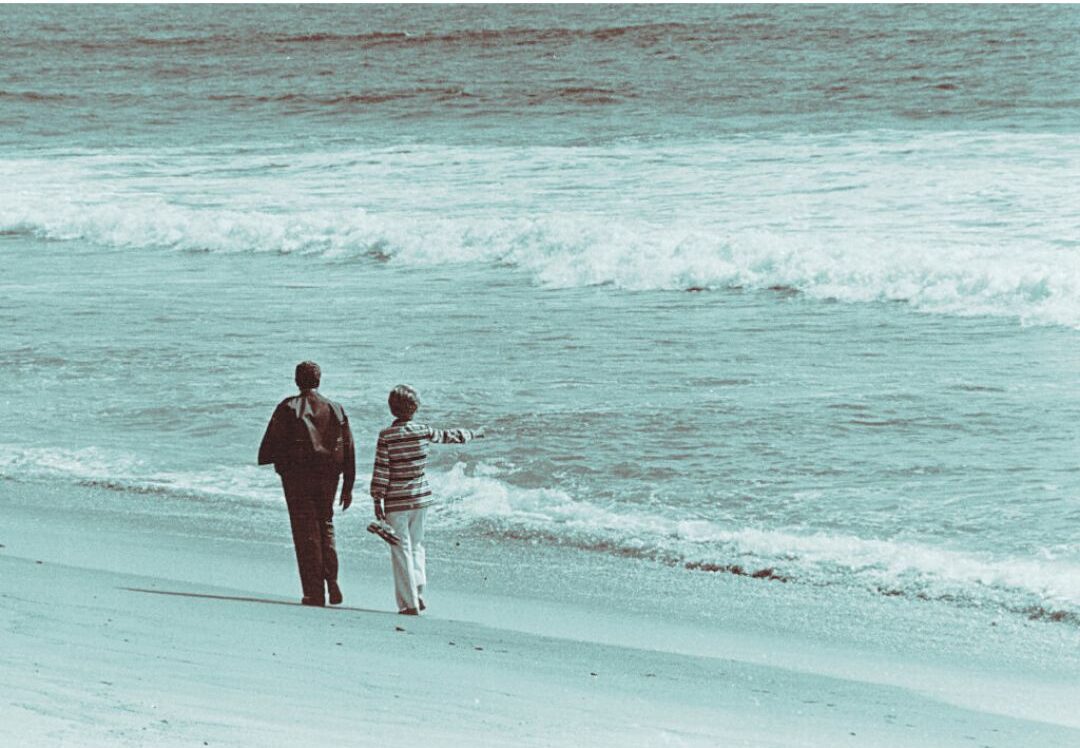Every so often the “conservatives are bad at making art” debate takes over our Twitter (or “X”) feeds. Tom Klingenstein’s new play Our American Queen restores some faith in the American right’s ability to produce theater that is actually fun to watch.
Set during the Civil War, the play depicts the drama of the 1864 election, as Secretary of the Treasury Salmon Chase challenges President Lincoln’s bid for re-nomination on the Republican ticket. The action revolves around Chase’s daughter, Kate, who attempts to manage affairs of the heart while ensuring her father’s political success.
Our American Queen avoids reducing its characters to ideology, but it shows that the lines between public and personal life are never drawn as clearly as one might wish. Despite having only indirect means for political action, Kate makes the most of her role as the acting “first lady” of the Chase household and is even more political than her father, reminding him that although not everything is about politics, “Everything did have a political aim.”
The play, directed by Christopher McElroen, is running at the Flea Theater in New York City through June 29. It’s the third dramatic work by Klingenstein, chairman of the board of the Claremont Institute and perhaps better known for his political writings (many of them found at his website, TomKlingenstein.com). But he recognizes the influence artistic works have in shaping our culture, and his creations for the stage exemplify how conservatives can make art that entertains and instructs.
Central to this play is the love story between Kate (Brooke Camilleri Agius) and John Hay (Christopher Wareham), Lincoln’s private secretary. Chase (Paul Niebanck) resents his daughter’s attachment to Hay, not only for obvious political reasons but because he sees Hay—a poet who is too afraid to publish—as a weak man.
There’s a wonderful tension in Kate’s attraction to Hay as the “frenemies” become (almost) lovers. Hay selects the perfect present for Kate—a signed copy of Great Expectations—revealing an intimate understanding of her. Defending her habit of reading and discussing literature with Hay, Kate insists, “Daddy, you can’t read books with just anyone!” The line showcases Klingenstein’s ability to get at the root of relationship drama, the desire to be seen and understood.
Chase insists that he has Kate’s best interests at heart in opposing her relationship with Hay, but his exertions only prove that he’s pursuing his own interest. In a series of exchanges with Kate, it’s revealed that he had her shipped off to boarding school as a girl because her presence would have interfered with his relationship with his new—third—wife. By contrast, Chase’s latest love interest, Mrs. Carlotta Eastman, is Kate’s strongest advocate. In response to Chase’s claims that Hay is not suitable for Kate, Mrs. Eastman replies: “Poets remind us what we are fighting for.”
The climax of the play comes when General George McClellan (Dana Watkins), a rival for Kate’s affection, tells her that he is seeking the Democratic nomination instead of backing her father’s Republican campaign. Kate slaps McClellan, who responds by arguing that Chase, as an abolitionist, is more radical than even Lincoln, and that what will be needed after the war is reconciling the two sides rather than rubbing the defeated enemy’s face in the mud. McClellan tries to marry his own ambition and desire for glory with the needs of the situation.
Though never seen on stage, President Lincoln looms large in Our American Queen. The characters are torn between respect, enmity, and admiration for the president. General McClellan says derisively, “I do not know why they search for the gorilla in the darkest Africa when one could be found in Springfield, Illinois.” To the general, Lincoln is a leader as indecisive and ineffective as he is radical. For his part, Chase neither respects nor admires the “country lawyer” who is his chief rival in the party. Hay, unsurprisingly, offers effusive praise of his boss and the authenticity of the president’s appeal—Lincoln speaks to his supporters “as fellow citizens, without any condescension.” Yet it is Mrs. Eastman who in her praise of Lincoln grasps the truth: that democracy produces average men, but in desperate times great men emerge to lead.
It would have been easy in an election year to produce a piece of theater that offers crude political lessons for our current situation. Klingenstein avoids this by making the drama of the 1864 election a complement to the primary love story—albeit a tragic one. This choice reminds us that while political leaders come and go, the everyday decisions of our personal lives also affect our operations in the political world.
The breaking point between Kate and Hay occurs when Hay recites the original ending of Great Expectations, in which Pip and Estella do not marry. Hay quotes the final lines of Dickens’s arguably sadder ending: “I was very glad afterwards to have had the interview; for, in her face and in her voice, and in her touch, she gave me the assurance, that suffering had been stronger than Miss Havisham’s teaching, and had given her a heart to understand what my heart used to be.” After sharing this, Hay asks Kate if those words were not the “most devastating” ever written. She responds with an accusation that this—the tragic ending—is the one he likes best. The relationship between Kate and Hay demonstrates how the desire to be known, and therefore loved, is often wrapped up in a fear of being known, and therefore vulnerable.
Instead of keeping his ideas locked away in his desk drawer as Hay might have done, Klingenstein has made the brave and laudable choice to exhibit his work and open himself up to criticism. In addition to reminding his audience what we are all fighting for—a just political order—Klingenstein has also reminded them that conservatives are indeed capable of producing good art.














